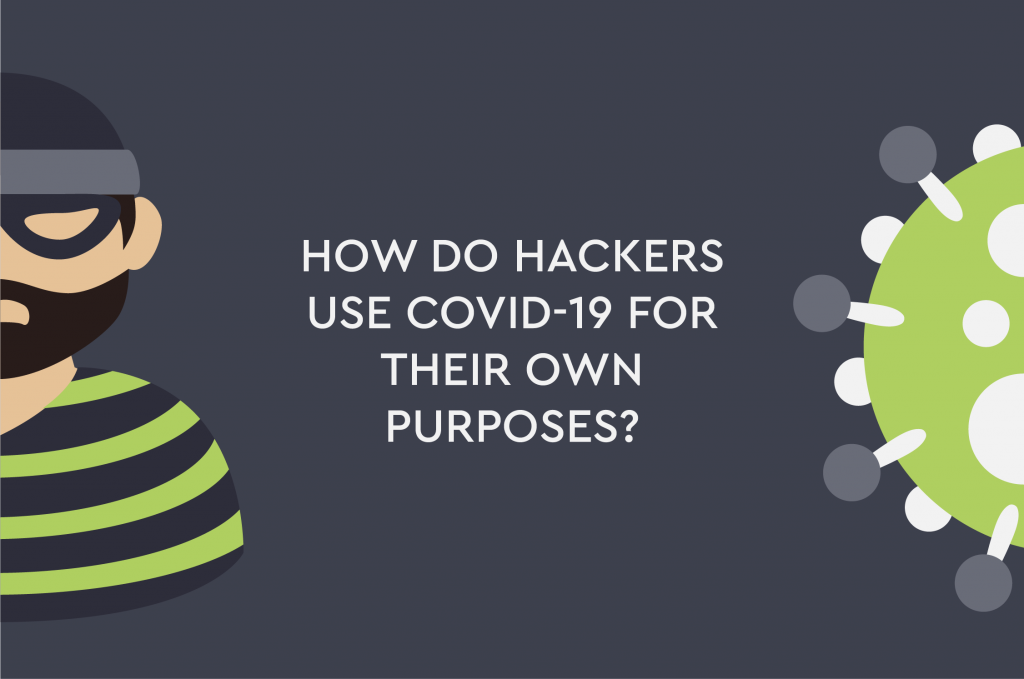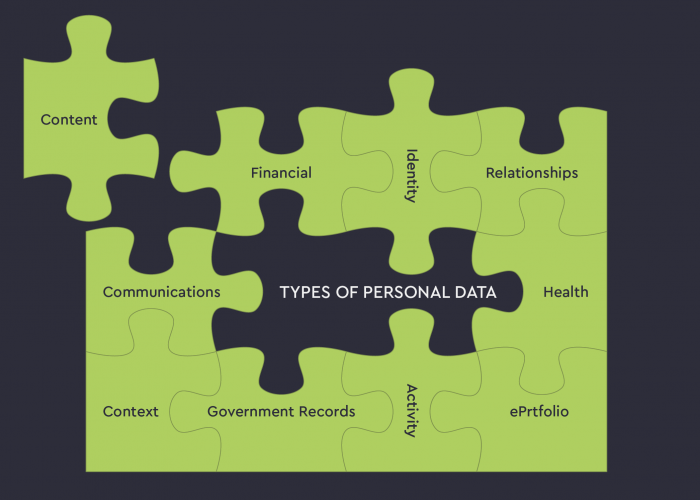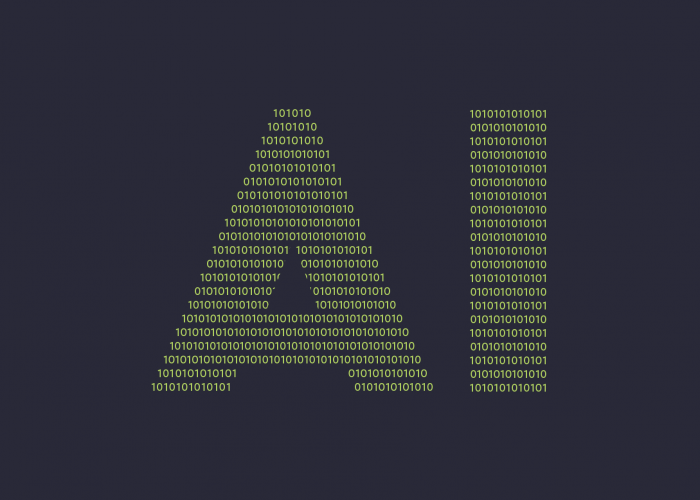While the whole world is dealing with the coronavirus, and business, as well as governments, is suffering from the consequences, hackers have decided to spread their infection in cyberspace. According to Check Point, only in the last week, more than 6 thousand new domains associated with Covid-19 was registered. Domains associated with coronavirus are 50% more likely to be malicious, compared to others registered in the same period.
Cybercriminals skillfully use the panic heated by media and social networks to achieve their business goals. You can find a lot of interesting coronavirus special offers for hacker services in the Darknet. «Coronavirus discount! Only today, 10% off all products» – does it sound like an offer from a clothing brand? «Do you want to buy malware or exploit tools at a discount? Enter promo code COVID19». Tools for hacking social network accounts, email and browser protection – the product and service list is endless. Also, hackers have activated online sales of fake goods. For example, premium products at incredible prices – MacBook Air for $390 as a «corona special offer». As they say, if it sounds too good to be true, it’s probably the truth. You should be careful with any website that offers once-in-a-lifetime, today-only deals, no matter how authentic it looks.
How not to become a victim of online fraud:
– Be cautious with emails and files received from unknown senders, especially if they offer special deals or discounts.
– Don’t open unknown attachments or click on links in the emails.
– Make sure you order goods from an authentic source. Do not click on advertising links in emails, it is better to type in the company name in Google.
Remember that as well as regular hand washing, it’s also important to keep up your cyber-hygiene.




